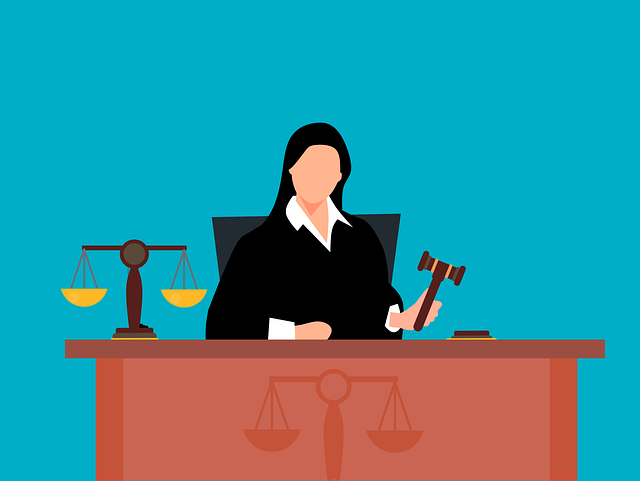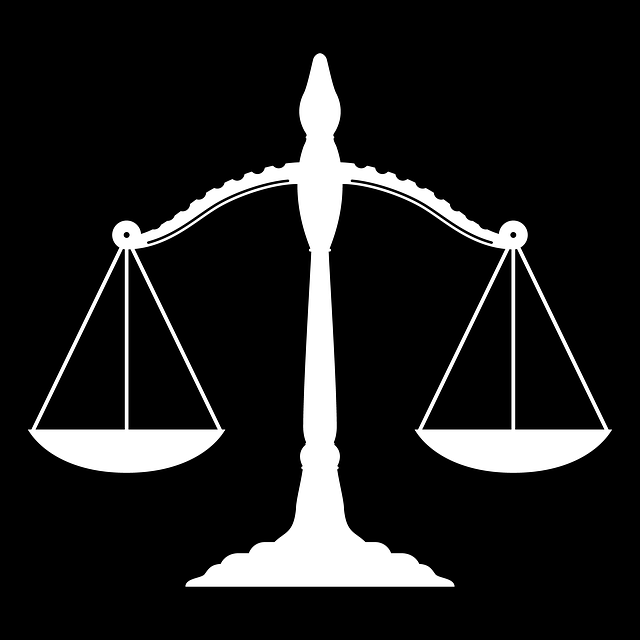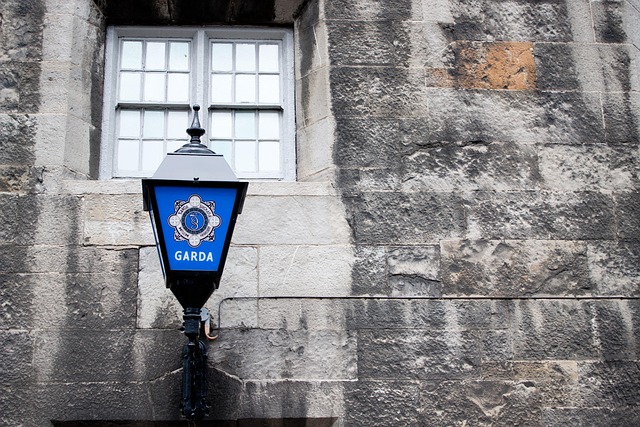Public corruption, involving bribery and conflict of interest, undermines trust in democratic institutions. Complex legal battles arise from financial transactions and court cases regarding property ownership issues, requiring tailored white-collar defense strategies. These cases expose ethical dilemmas and have significant consequences, shaping legislation and public perception. Preventive measures, including transparency, accountability, and robust financial recording, are crucial to combating corruption and fostering trust in governance.
Public corruption charges are a growing concern, eroding public trust and distorting societal progress. This article delves into the intricate web of public corruption, exploring its definition, impact, and legal avenues through court processes. We analyze how property ownership disputes often serve as a veil for illicit activities, presenting case studies of high-profile trials that have reshaped landscapes. Additionally, we emphasize the importance of transparency and accountability in preventing corruption, with a focus on real-world examples of successful anti-corruption measures, including those addressing Court Cases Involving Property Ownership Issues.
- Understanding Public Corruption Charges: Definition and Impact
- Court Processes: Investigating Allegations of Public Officials
- Property Ownership Disputes: A Common Corridor for Corruption
- Case Studies: High-Profile Trials and Their Consequences
- Preventive Measures: The Role of Transparency and Accountability
Understanding Public Corruption Charges: Definition and Impact

Public Corruption Charges refer to illegal acts involving abuse of power or position within public office for personal gain. This can manifest in various ways, from bribery and embezzlement to fraud and conflict of interest. The impact of such charges is profound, eroding public trust, undermining democratic institutions, and potentially leading to severe economic consequences. Court cases involving these issues often highlight the intricate interplay between law enforcement, prosecutors, and accused individuals, especially when complex financial transactions or property ownership issues are at stake.
In navigating these complex scenarios, a robust white collar defense is crucial. Accused parties must be guided through all stages of the investigative and enforcement process to ensure fairness and protect their unprecedented track record (if applicable). Understanding the nuances of public corruption charges demands meticulous attention to detail, extensive legal knowledge, and strategic planning to mitigate potential penalties and preserve personal and professional integrity.
Court Processes: Investigating Allegations of Public Officials

When public officials face corruption charges, the court process becomes a meticulous investigation into their alleged misconduct. This involves sifting through financial records, examining interactions, and gathering evidence to substantiate claims of bribery, abuse of power, or conflict of interest. Law enforcement agencies play a crucial role in this stage by conducting thorough background checks and analyzing data related to the official’s public duties and respective business transactions.
The court cases involving property ownership issues are also part of this process as officials may be implicated through assets they hold or businesses they own. A general criminal defense strategy is then employed, focusing on ensuring procedural fairness and protecting the rights of the accused official. This includes meticulous legal arguments, cross-examinations, and presenting mitigating evidence to counter the allegations for his clients.
Property Ownership Disputes: A Common Corridor for Corruption

Property ownership disputes often serve as a hidden corridor for corruption, where illicit dealings can go unnoticed amidst the legal intricacies. In many court cases involving property ownership issues, accusations of bribery and favoritism surface, complicating the pursuit of justice. Powerful individuals or entities may leverage their influence to manipulate legal processes, ensuring outcomes that benefit them financially or politically. This has led to a growing concern among legal experts and activists across the country, who advocate for stricter transparency measures and independent judicial oversight to counter these trends.
Beyond local cases, high-profile incidents involving philanthropic and political communities have shed light on the nationwide extent of this problem. Winning challenging defense verdicts in such cases is not only a testament to the robustness of a nation’s legal system but also a crucial step in curbing corruption. By holding individuals accountable for their actions, these court cases send a strong message that no one is above the law, fostering an environment where integrity and fairness prevail over illicit gains.
Case Studies: High-Profile Trials and Their Consequences

In the arena of public corruption, high-profile trials have served as powerful case studies, shedding light on the intricate interplay between power and ethics. These court cases involving property ownership issues have not only tested the boundaries of legal procedures but also revealed profound consequences for those involved. For instance, the trial of a prominent politician accused of embezzling public funds and misusing his position highlights the impact of such scandals on both the individual and society at large. Despite robust defenses, the unprecedented track record of successful prosecutions has led to significant jail sentences and hefty fines, acting as a stark reminder of the consequences for those who abuse their power.
An equally compelling example is the case of a business tycoon charged with bribery and money laundering. After a lengthy legal battle, the complete dismissal of all charges marked a rare victory for the accused. This outcome, while exceptional, underscores the complexities of corruption cases and the need for solid evidence and strategic legal representation for his clients. Such case studies not only demonstrate the power of justice but also serve as cautionary tales, influencing legislation and public perception regarding integrity in governance.
Preventive Measures: The Role of Transparency and Accountability

Preventive measures play a pivotal role in combating public corruption charges. Transparency and accountability are cornerstones in this fight. By promoting open governance and accessible information, societies can create an environment where corrupt practices become less attractive. This involves implementing robust systems for recording and disclosing financial transactions, especially in high-risk sectors like government procurement and Court Cases Involving Property Ownership Issues.
These measures ensure that public officials and their clients, be it corporate or individual, are held accountable for their actions throughout all stages of the investigative and enforcement process. Strong disclosure policies and regular audits can expose discrepancies and prevent potential abuse, thereby deterring corruption. This proactive approach not only safeguards public interests but also fosters trust in institutions, ensuring a more just and equitable society.
Public corruption charges, especially those involving court cases related to property ownership disputes, highlight the intricate interplay between power and accountability. As demonstrated in various case studies, the pursuit of justice requires robust investigative processes and transparent systems. By strengthening legal frameworks and promoting accountability measures, societies can effectively combat public corruption, ensuring fair governance and the rule of law for all. Additionally, addressing property ownership issues through meticulous court procedures is a vital step towards mitigating opportunities for bribery and malfeasance among public officials.






